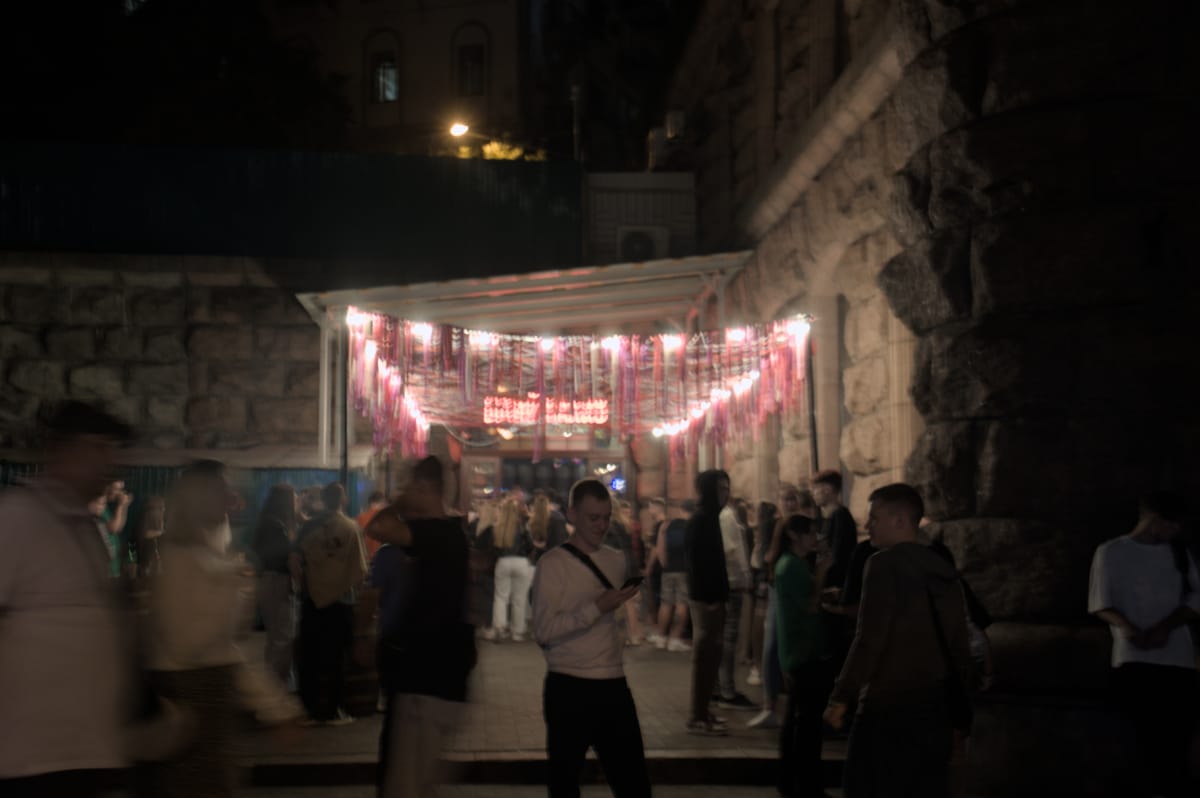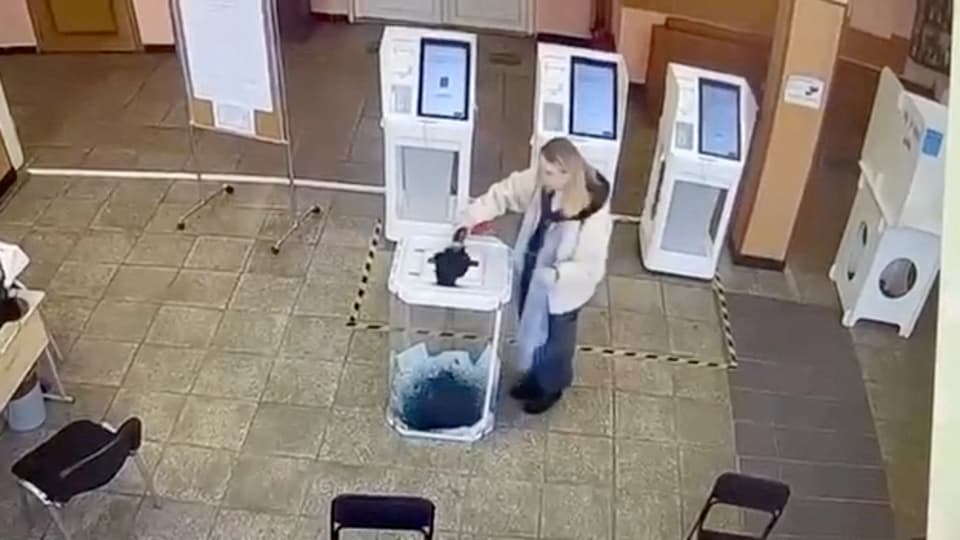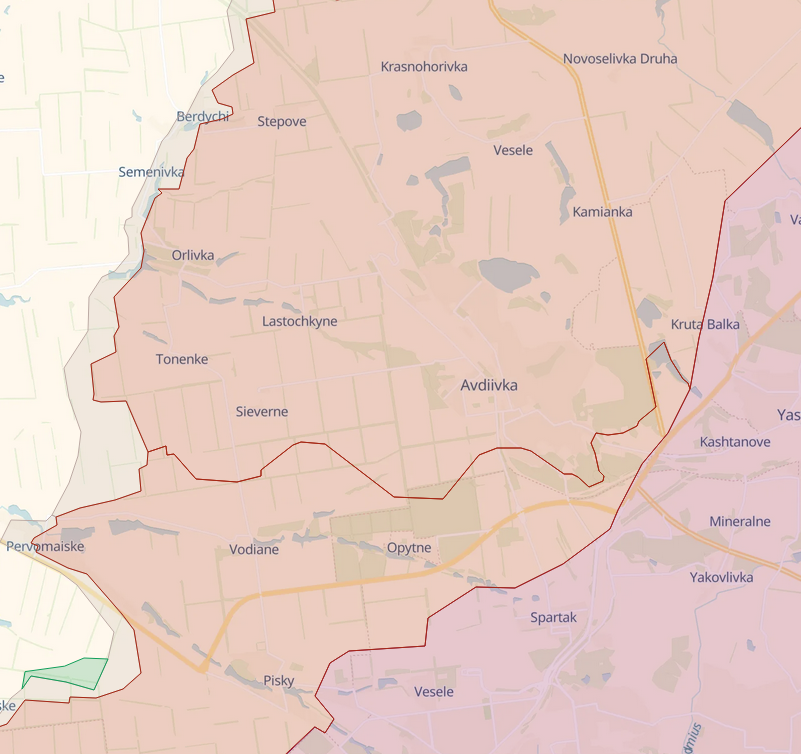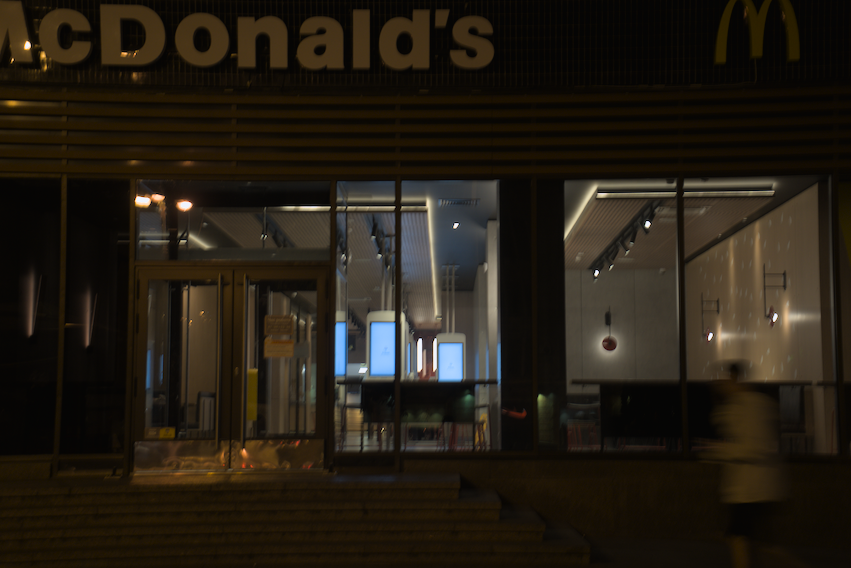March 2024: To What End?

Need a recap?
It's been 2 years since the beginning of Russia's full-scale invasion of Ukraine, and 10 years since the war first began with Russia's annexation of Crimea.
Russia currently occupies a bit less than a fifth of Ukraine's territory, primarily in the east and south of the country.
After neither side managed to gain much ground last year, Russia has begun 2024 on the offensive. The Russian military is currently able to recruit enough soldiers and source enough weapons to sustain its pace of attacks.
Ukraine, on the other hand, is short on weapons because support from the USA has virtually stopped. What’s more, the Ukrainian army is lacking soldiers, and a law to expand and streamline conscription only progresses slowly through parliament.
These circumstances have forced Ukraine to withdraw from the frontline city of Avdiivka in February.
The News
Let's start with the obvious: Russia held elections this month. President Putin claims to have won over 87% of the vote. This result was all but predetermined: any credible opposition has long beenn exiled, jailed or killed, not to mention the seemingly endless list of blatantly fraudulent practices employed by the Kremlin. Russian opposition outlet Meduza spoke of the “most fraudulent elections in modern Russian history”. Ukrainians in occupied territories had the privilege of being forced to vote at gunpoint. Yet despite isolated acts of resistance against the Kremlin, there is no evidence to suggest that a majority of Russians is opposed to Putin and his war.

The Frontline
Russia continues to make slight gains, exploiting Ukraine's withdrawal from Avdiivka to take adjacent villages and advance some 10 kilometers. Russian forces also gained ground along many other points of the frontline (which stretches over a thousand kilometers). But they didn't manage a significant breakthrough. Considering Ukraine is short on ammunition, manpower, and almost everything else an army needs, the month went about as well as the Ukrainian military could have hoped for. Here's my guess about Ukraine’s current military objectives:
- Losing as little territory as possible, and no important defensive nodes.
- Losing as few soldiers and equipment as possible.
- Inflicting maximum losses on Russian forces.
Those objectives were mostly achieved. Ukraine also succeeded in bringing the fight to Russia with drone strikes targeting oil refineries and a raid into Russian villages near the border.

From a military perspective, cities and villages like Avdiivka or Orlivka are just dots on a map. Withdrawing from them instead of risking heavy losses makes sense. But little dots on a map are still actual villages, once home to hundreds or thousands of people. Now they are mostly abandoned ruins. Some stubborn, mostly elderly, people stay behind. And with every village that falls, the fighting moves on to the next one: Artillery and soldiers move forward, bombers fly further, and another place gets swallowed by the war.
More on recent developments
Despite only minimal shifts in the frontline, recent developments could still prove to be significant. Major events in any war are usually preceded by seemingly mundane actions like troop movements or probing attacks. Recognizing their significance in advance is almost impossible. Russia is attacking at many points at once, and a breakthrough could come quickly because Ukraine needs to prioritize where to spend its scarce resources. And it’s another step from recognition to publication: Many military advisors or intelligence agencies are probably not looking to spill Ukrainian military secrets.
Aid and Guns
As I mentioned, Ukraine still faces a serious shortage of weapons, mainly because American 🇺🇸 support has all but vanished. Legislation to resume military aid for Ukraine remains stalled in the US Congress. In the meantime, the Pentagon has tried to plug some holes by sending an aid package worth about $300 million.
In Europe 🇪🇺 meanwhile, two important developments occurred:
Why didn't the EU buy shells from abroad earlier?
For the first time, European countries are providing Ukraine with ammunition produced outside Europe. Why not sooner? Well, if you spend the money to produce in your country, you are also investing in jobs and industry at home. If you go shopping in, say, South Korea, the money you spend is kinda just gone.
Life Amidst Air Raids
Slava, a student from Kyiv, is recording a video message about being late for English class, when suddenly a missile explodes nearby. I am reliably informed that she made it to class on time. Source: Slava, 25.03
Strikes on Ukrainian cities have continued over the past month. These attacks have ebbed and flowed depending on the city. But air raid sirens and explosions in the sky have become a fact of everyday life in many parts of Ukraine. Last month, many missiles targeted Odesa, where dozens died. Kyiv was also hit hard with some of Russia's most advanced rockets, but air defenses managed to prevent deaths.
I wrote about the strange and scary experience of having your city bombed last September.
To What End?
Unfortunately, I don’t believe this war will end soon. But it will, one day. One day, men in suits will shake hands and men in uniforms will return home. So let’s do something radical: Let’s dream about that day. Let’s imagine Ukraine waking up from its years-long nightmare.
The eerie silence that descends on Kyiv's city center every night around the 12pm curfew will gradually be replaced by the voices of laughing friends and arguing couples, and the zooming sound of e-scooters carrying wasted teenagers home through a blurry night.
The return to normal life will take time. The pain and the loss that Ukrainians have endured, the images that remain stuck in their minds, will haunt them. But, as time passes, people will be able to relax again. The horrors of the past will fade until they are but scars from another time.
Slowly, but surely, the city of Kyiv will let out a collective sigh. On Friday nights, the McDonald's on main street won't be empty at 11pm - it will be filled with people making questionable life choices. And on Saturday mornings, latecomers and early birds will meet on the streets.

Without doubt, Ukraine will still face a myriad of problems, but I suspect Ukrainians might yet surprise us with their ability to heal, rebuild and repair.
Well, that's this month's issue. I would like to sincerely thank all the paying subscribers for their support and special thanks to the founding members Jann, Andreas and Mona.
This issue turned out much shorter than last month's. Please let me know what you think! Would you like it longer or shorter? More information, less? What works, what doesn't? I'll keep tweaking the format until I find what works best. You can comment below or email me.
